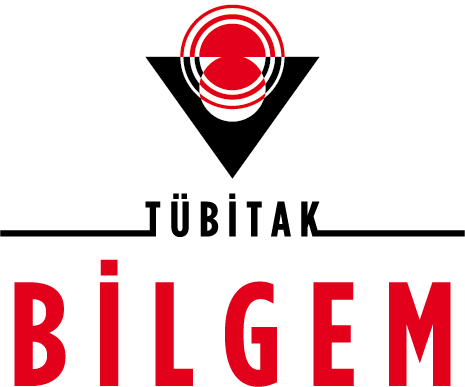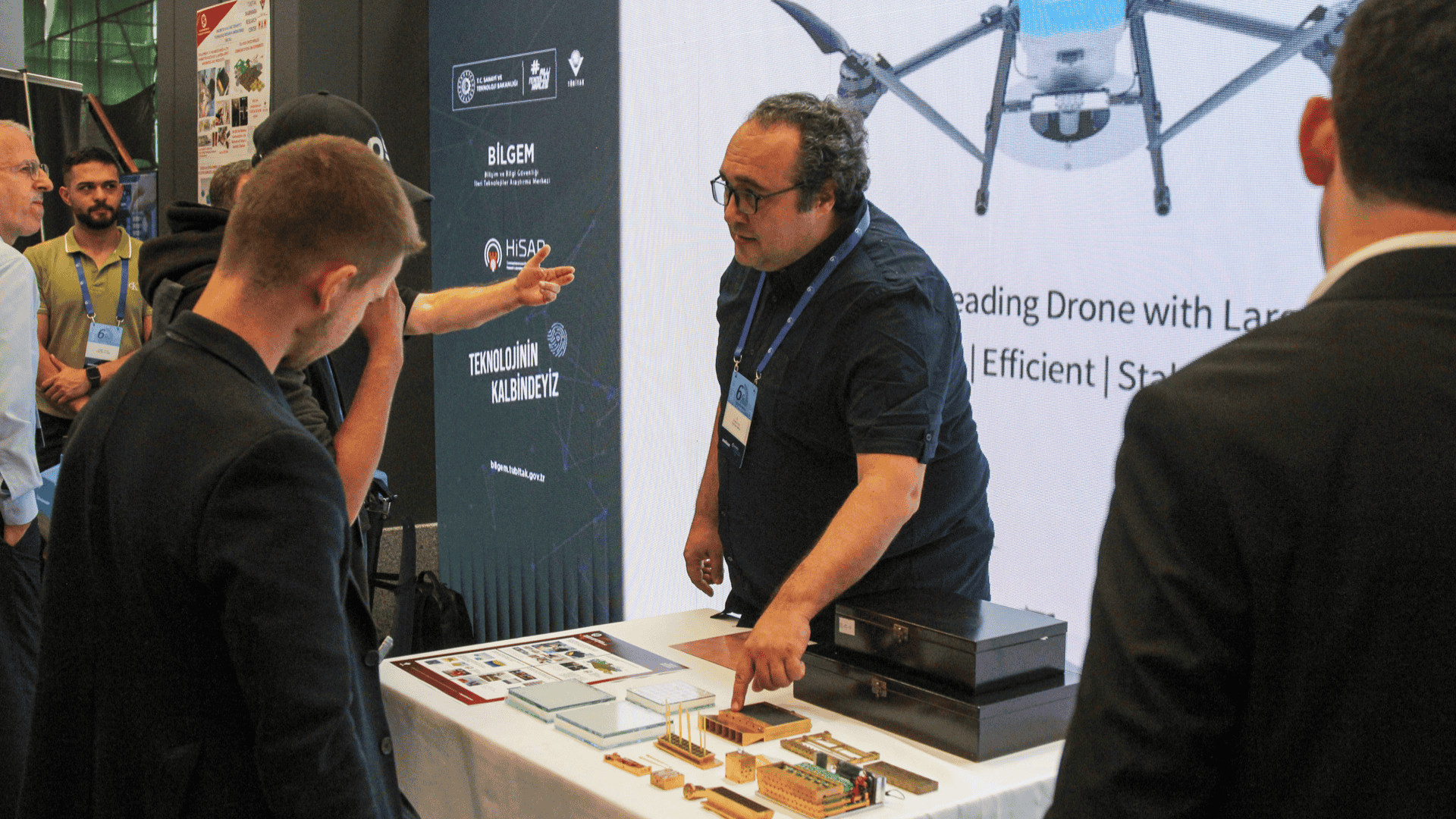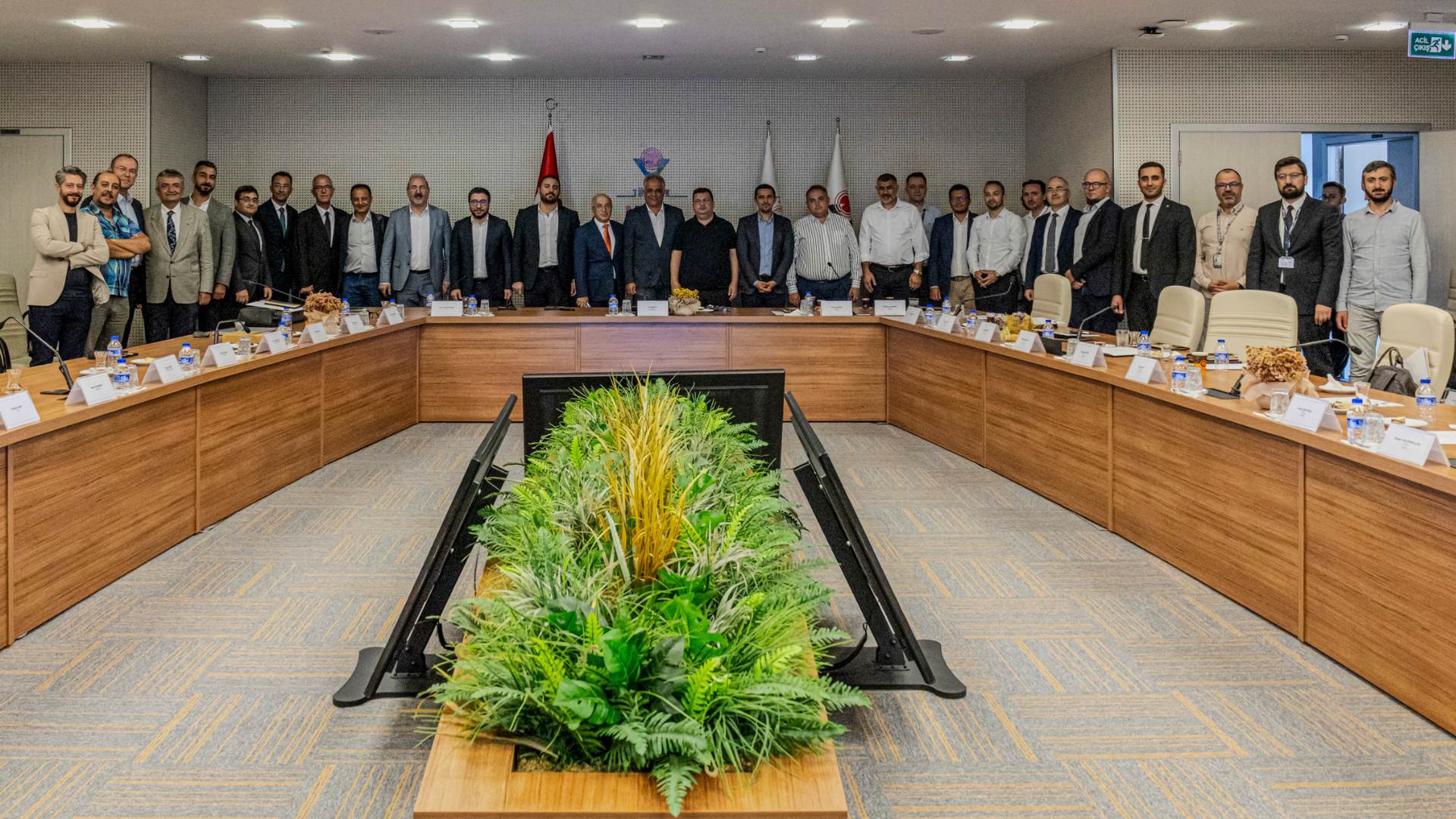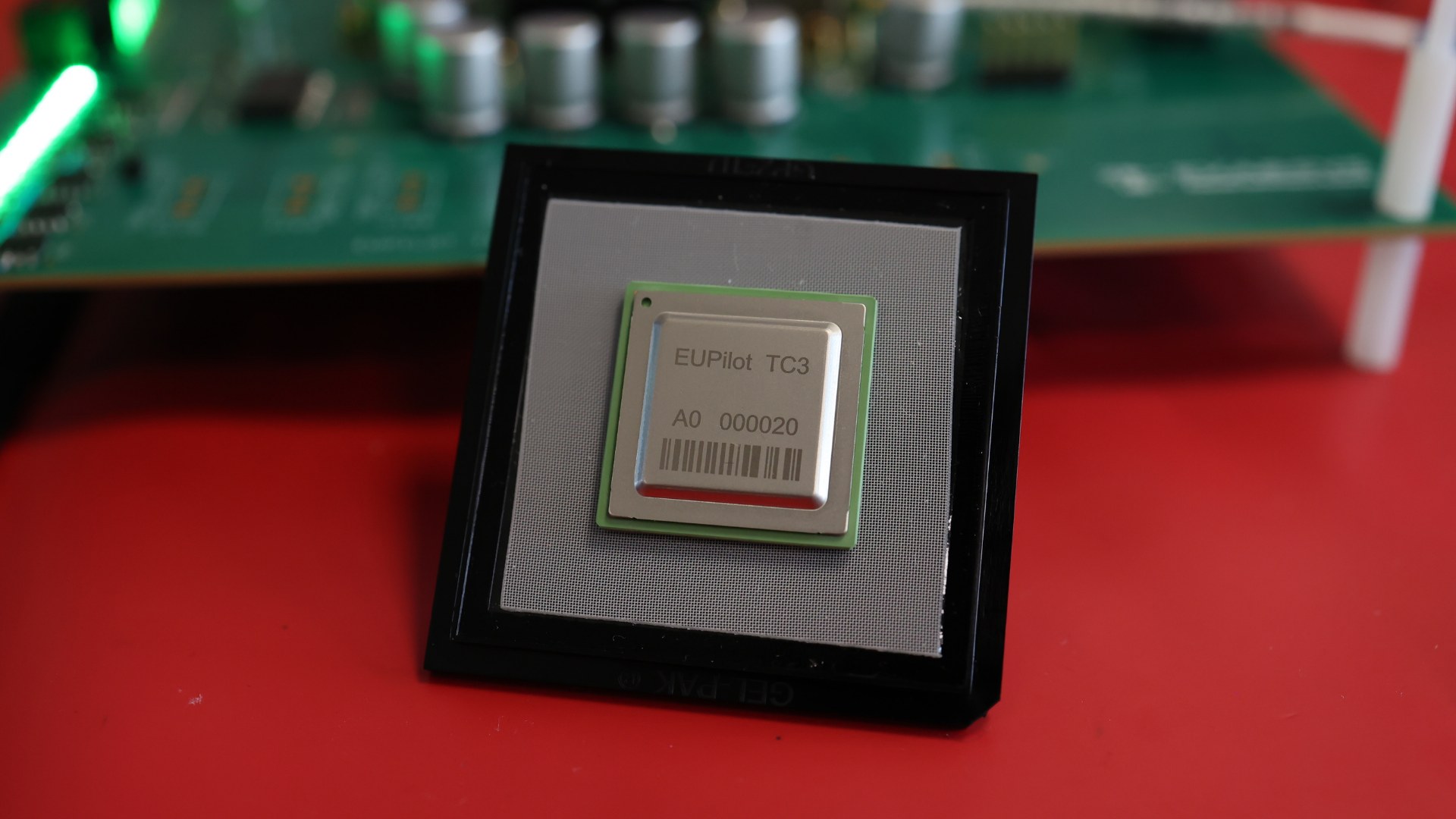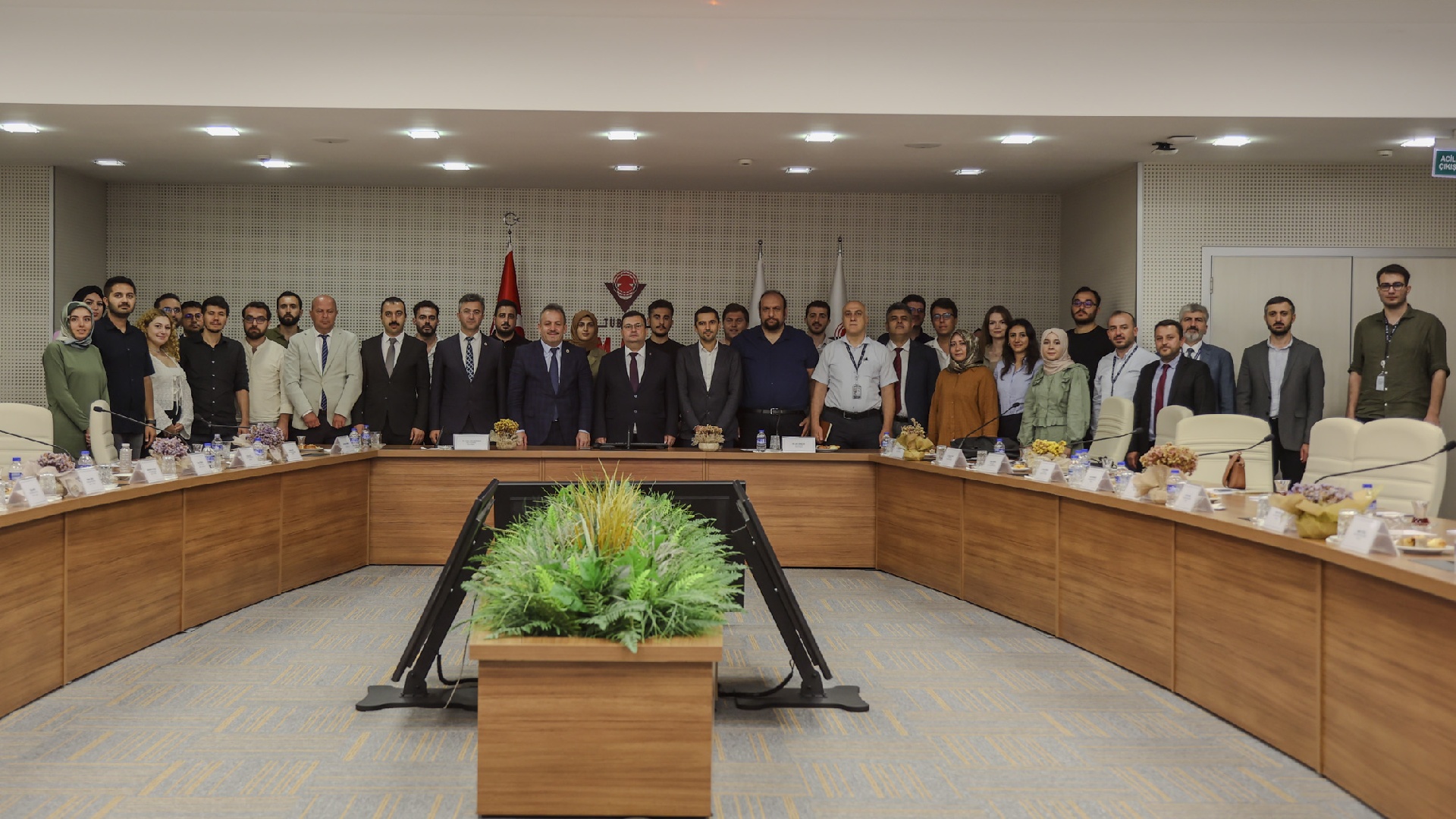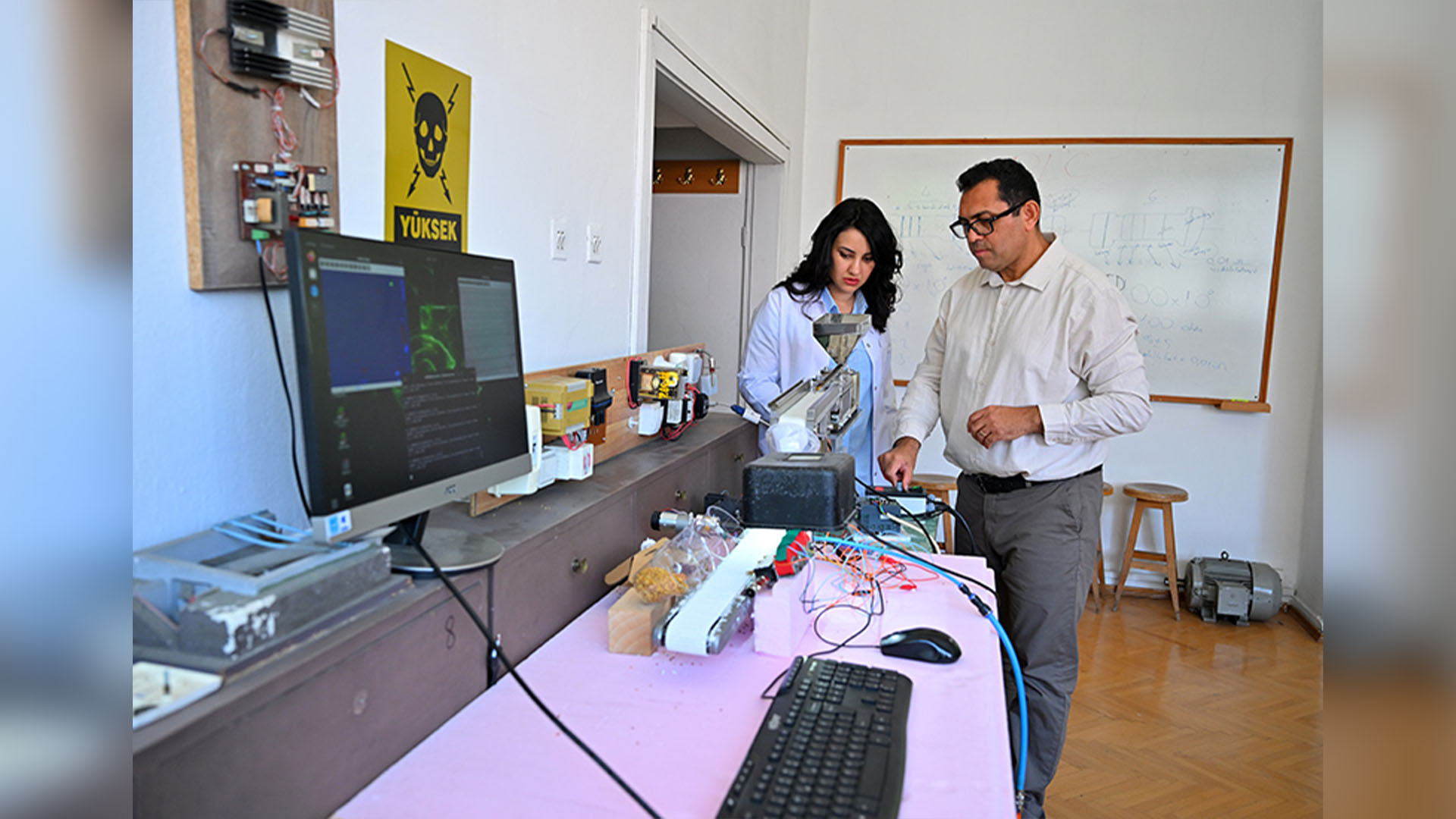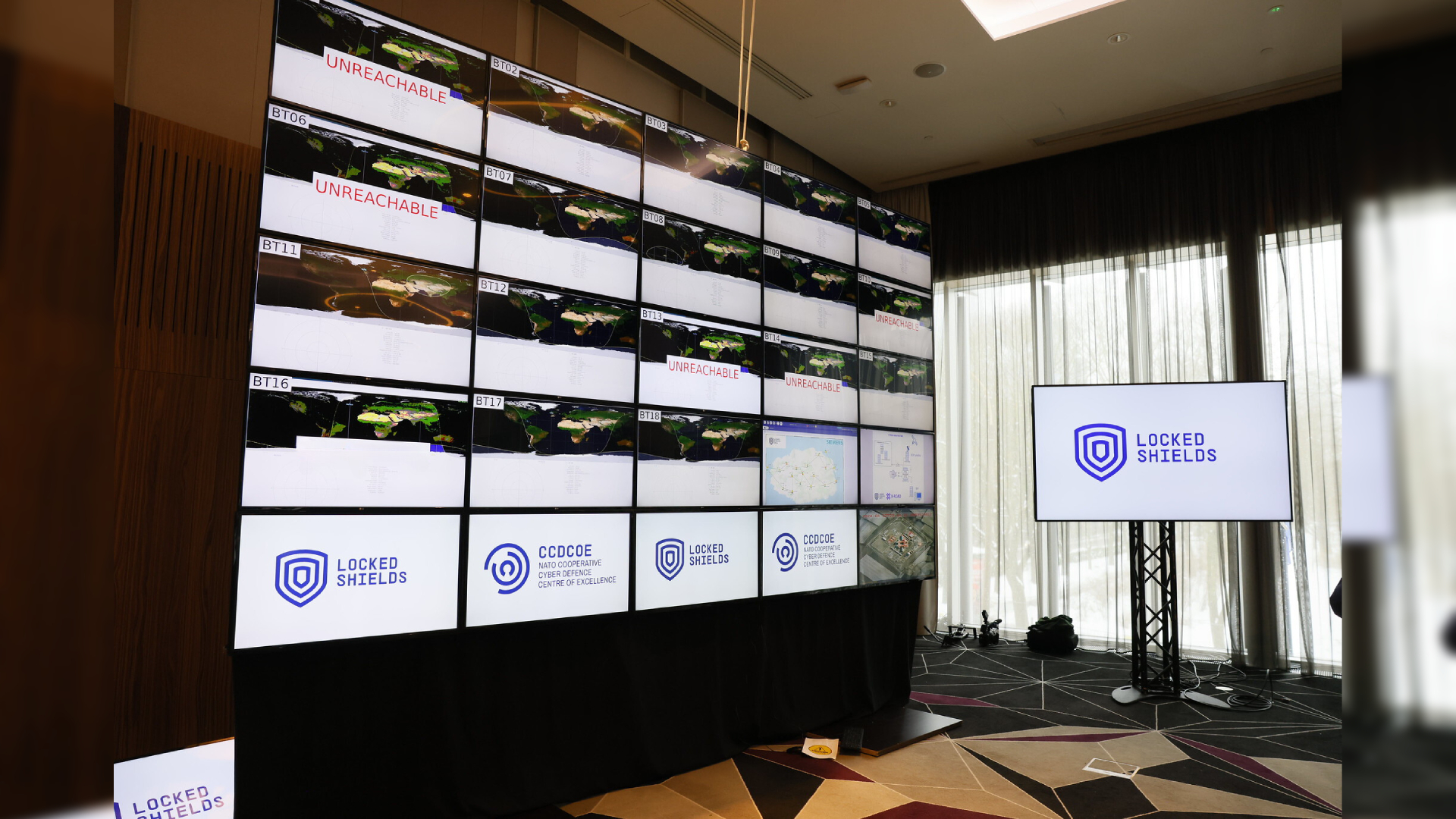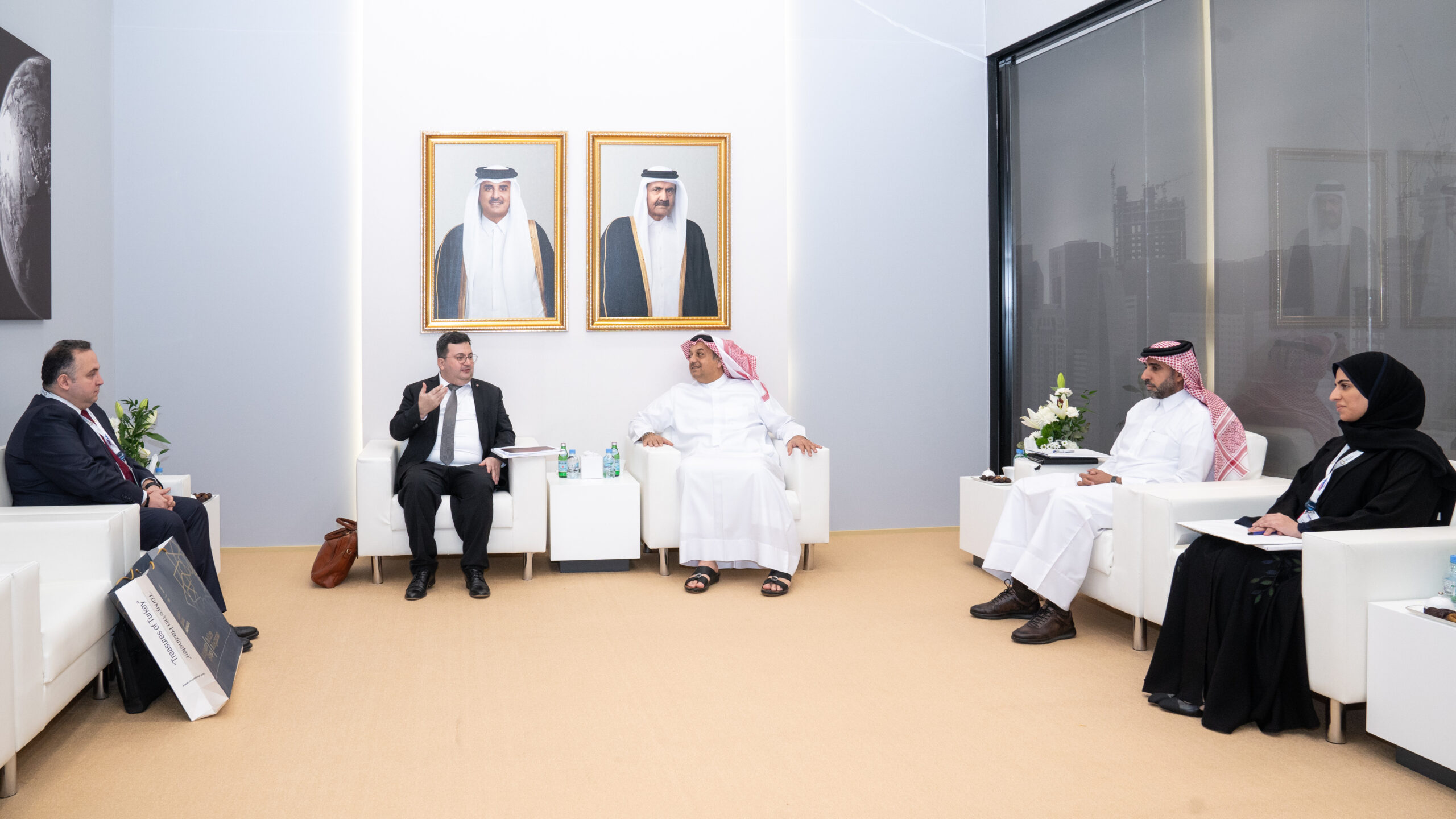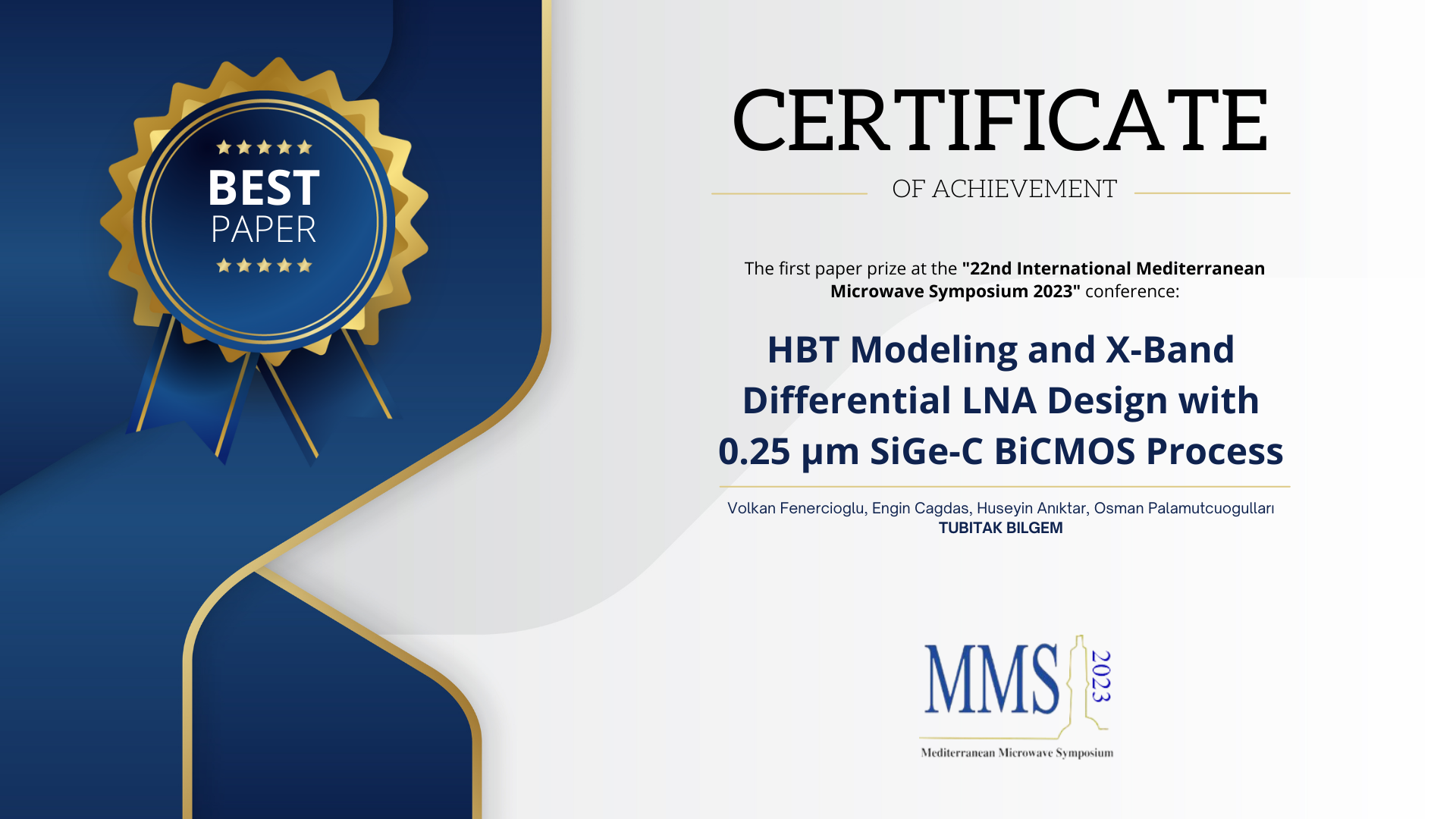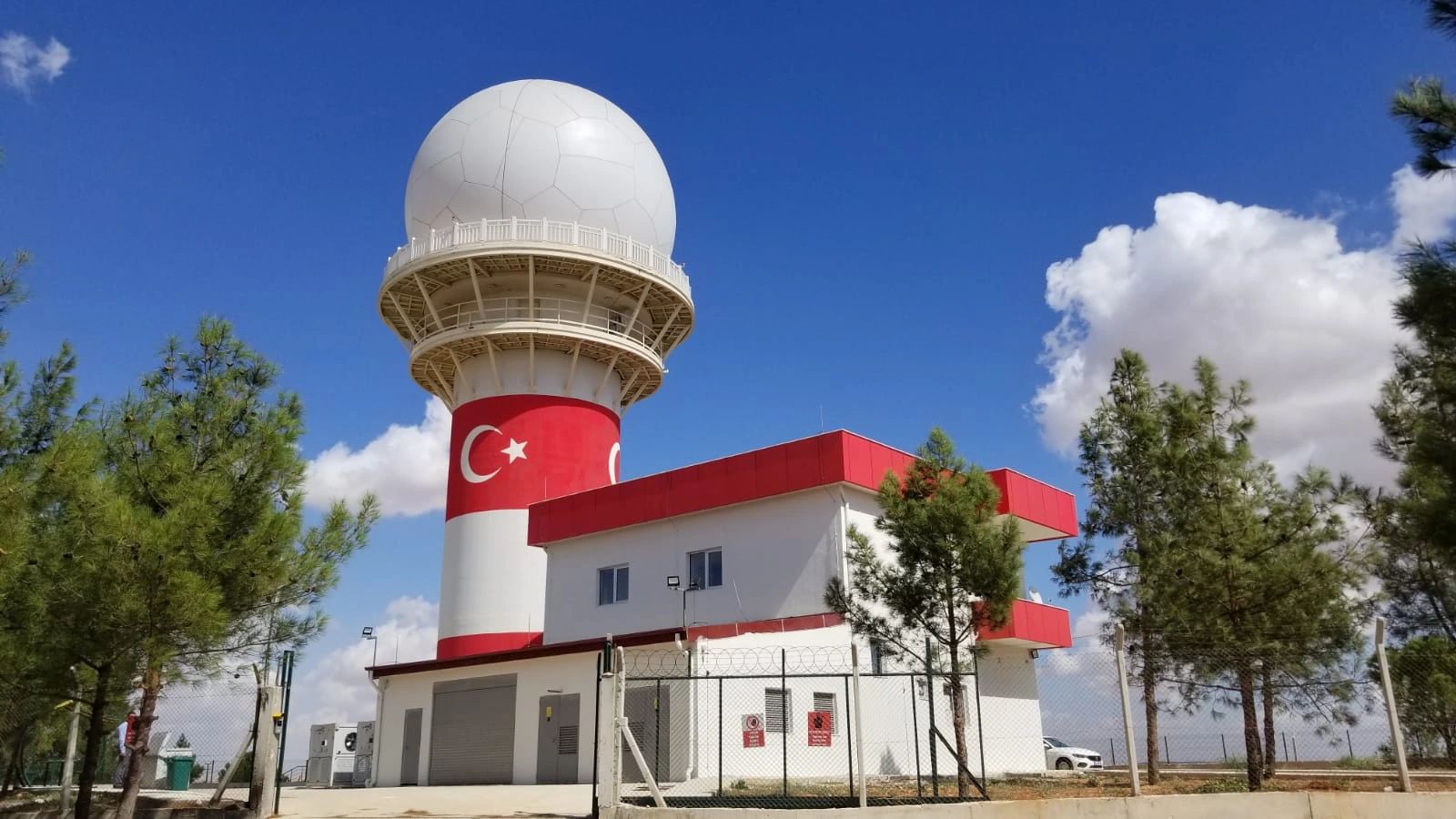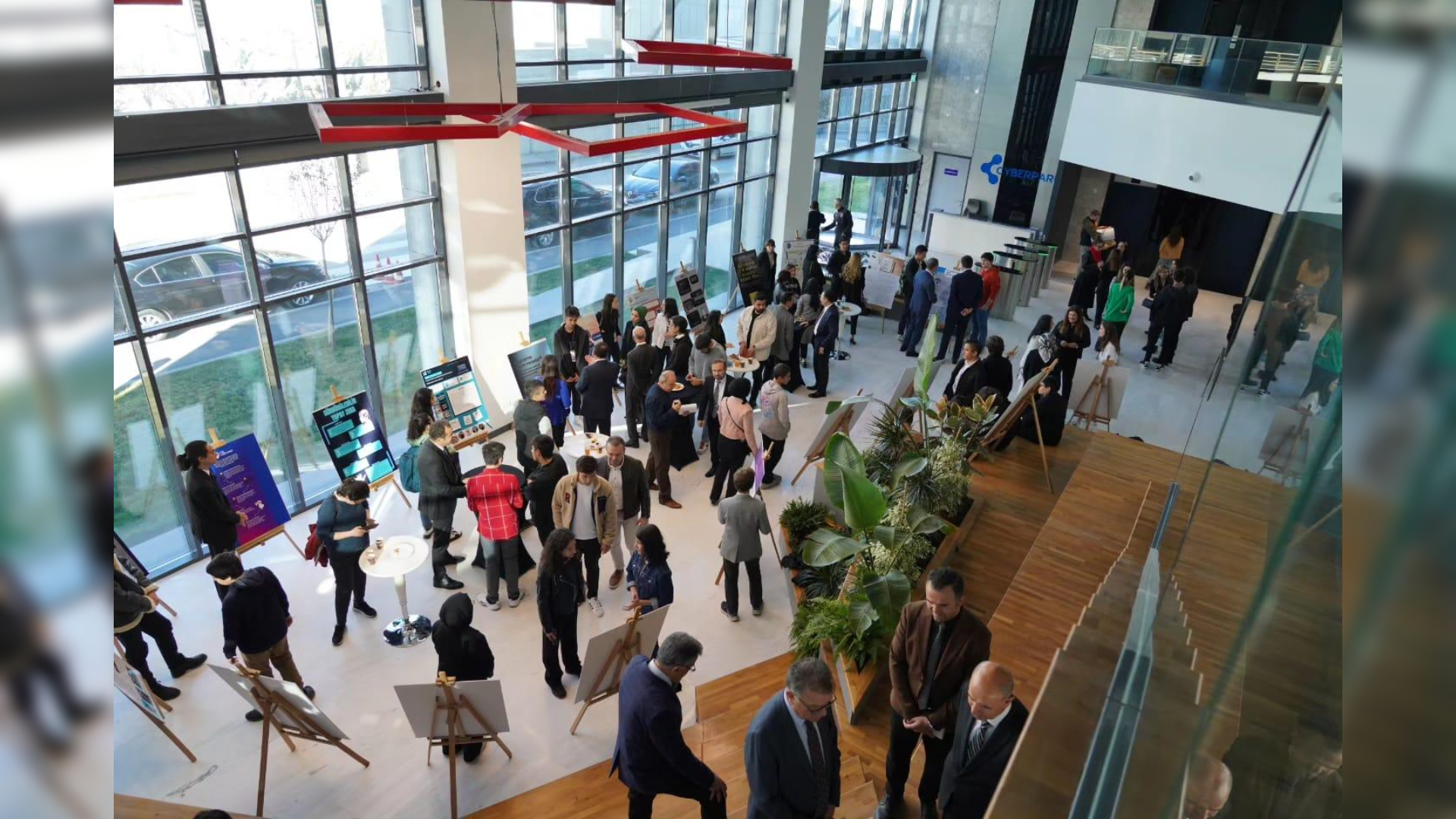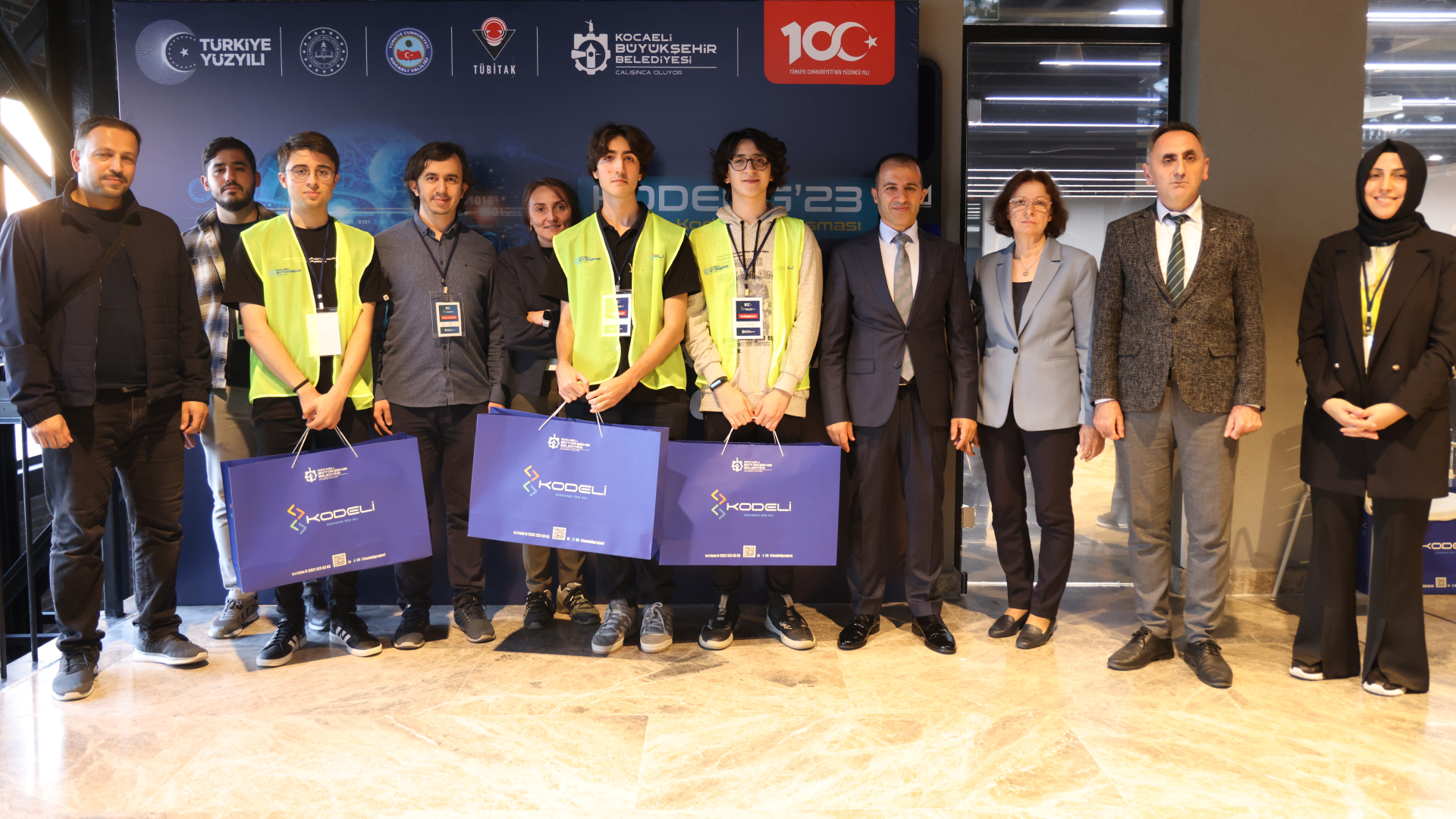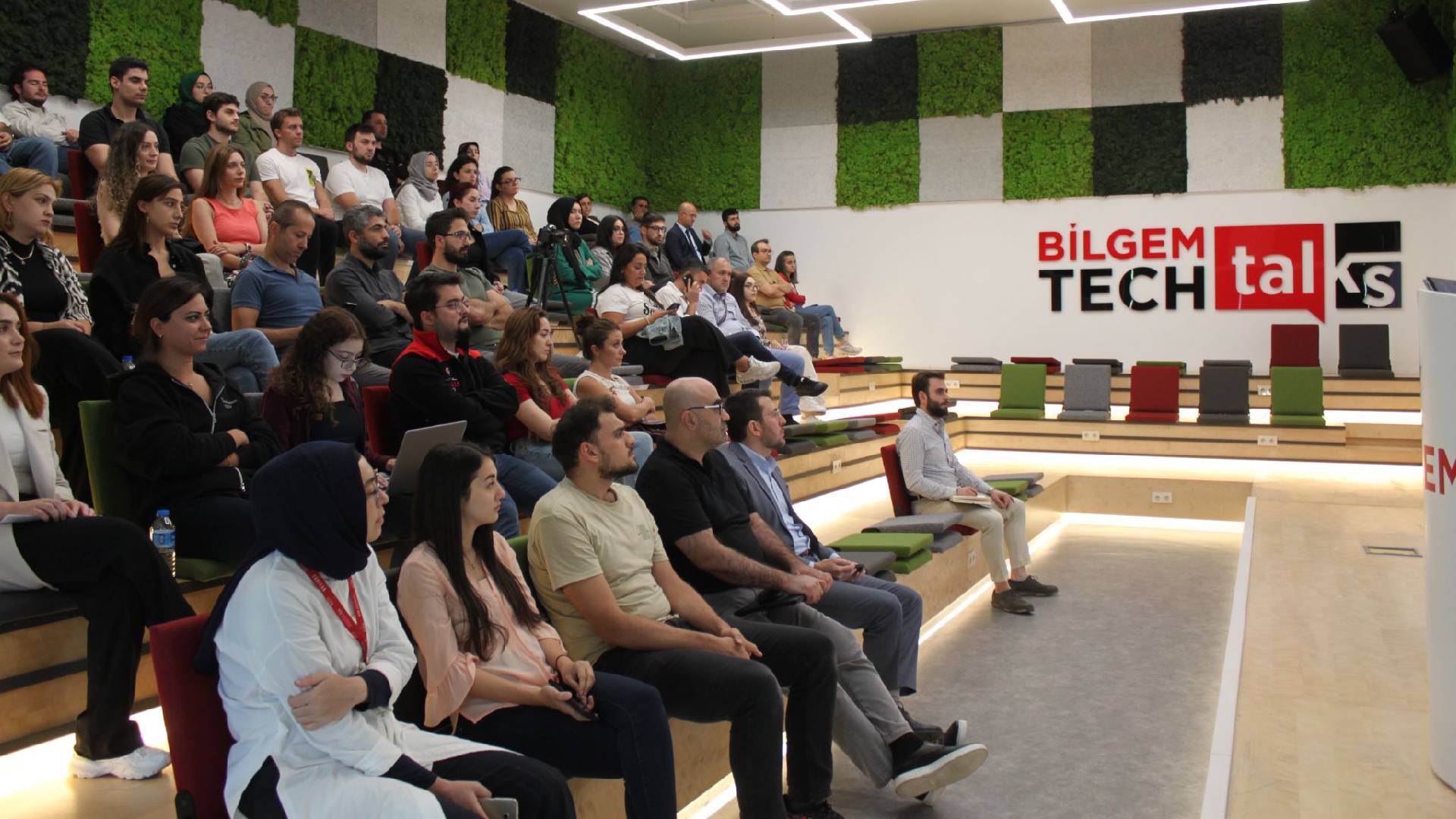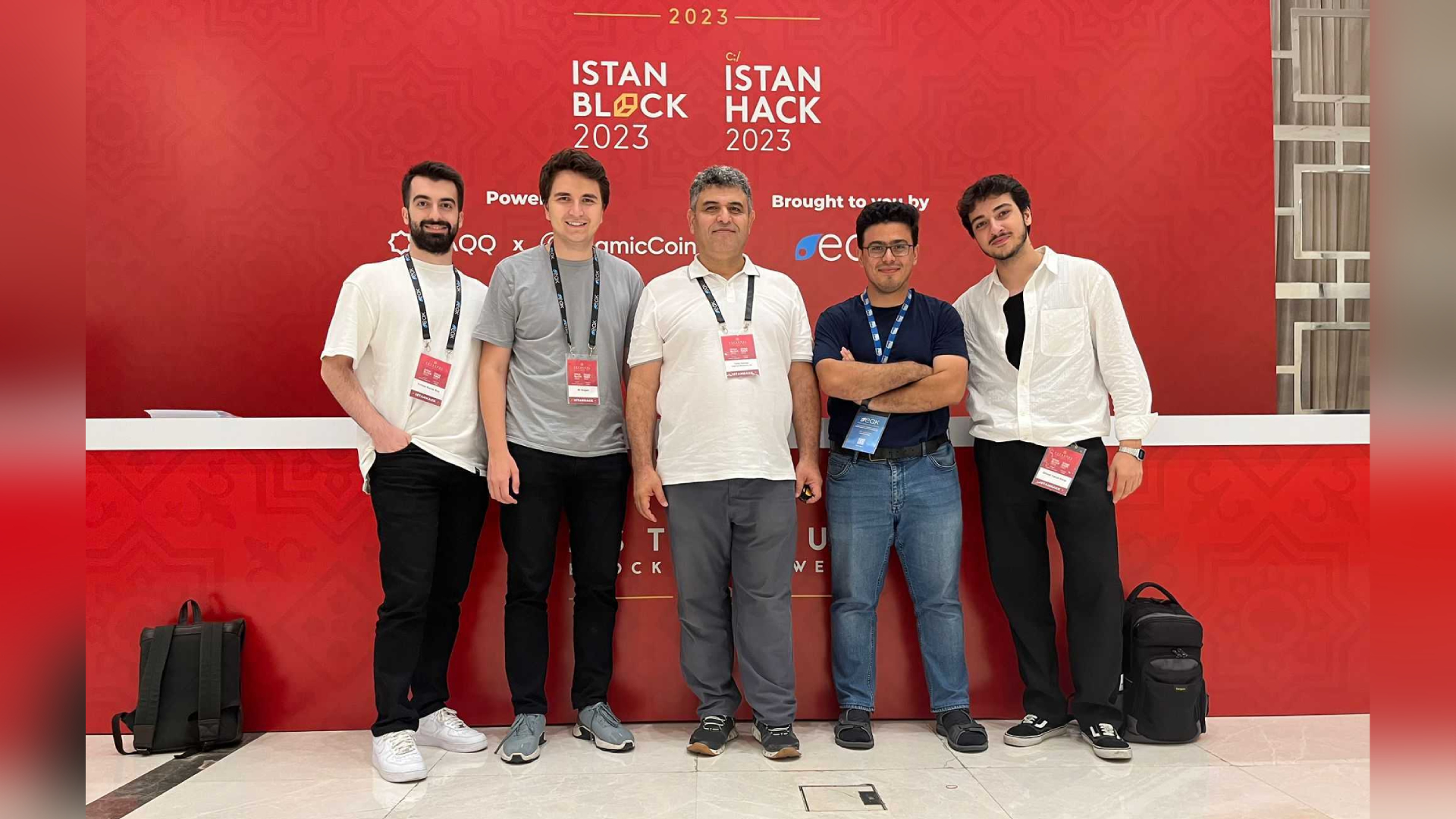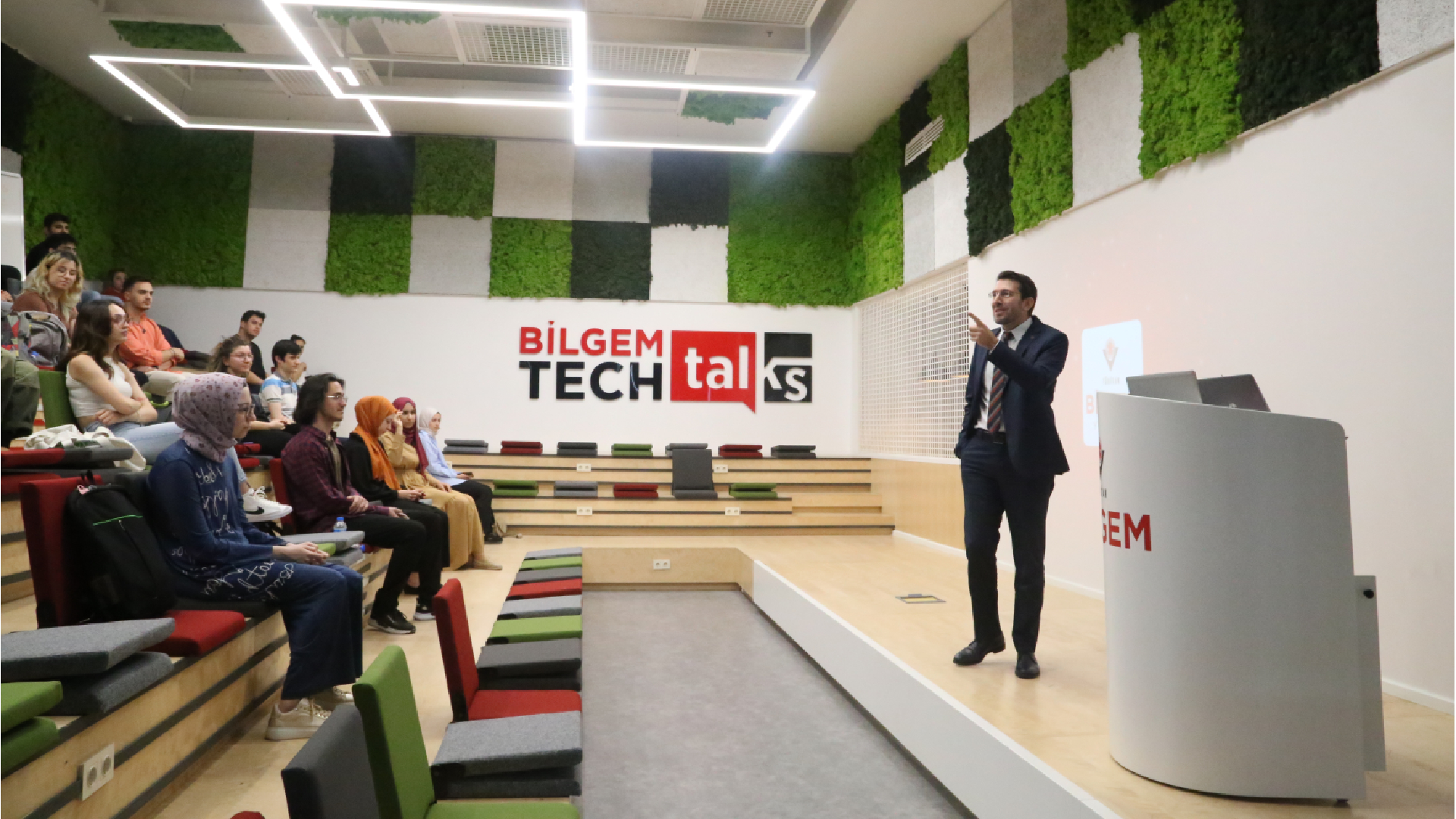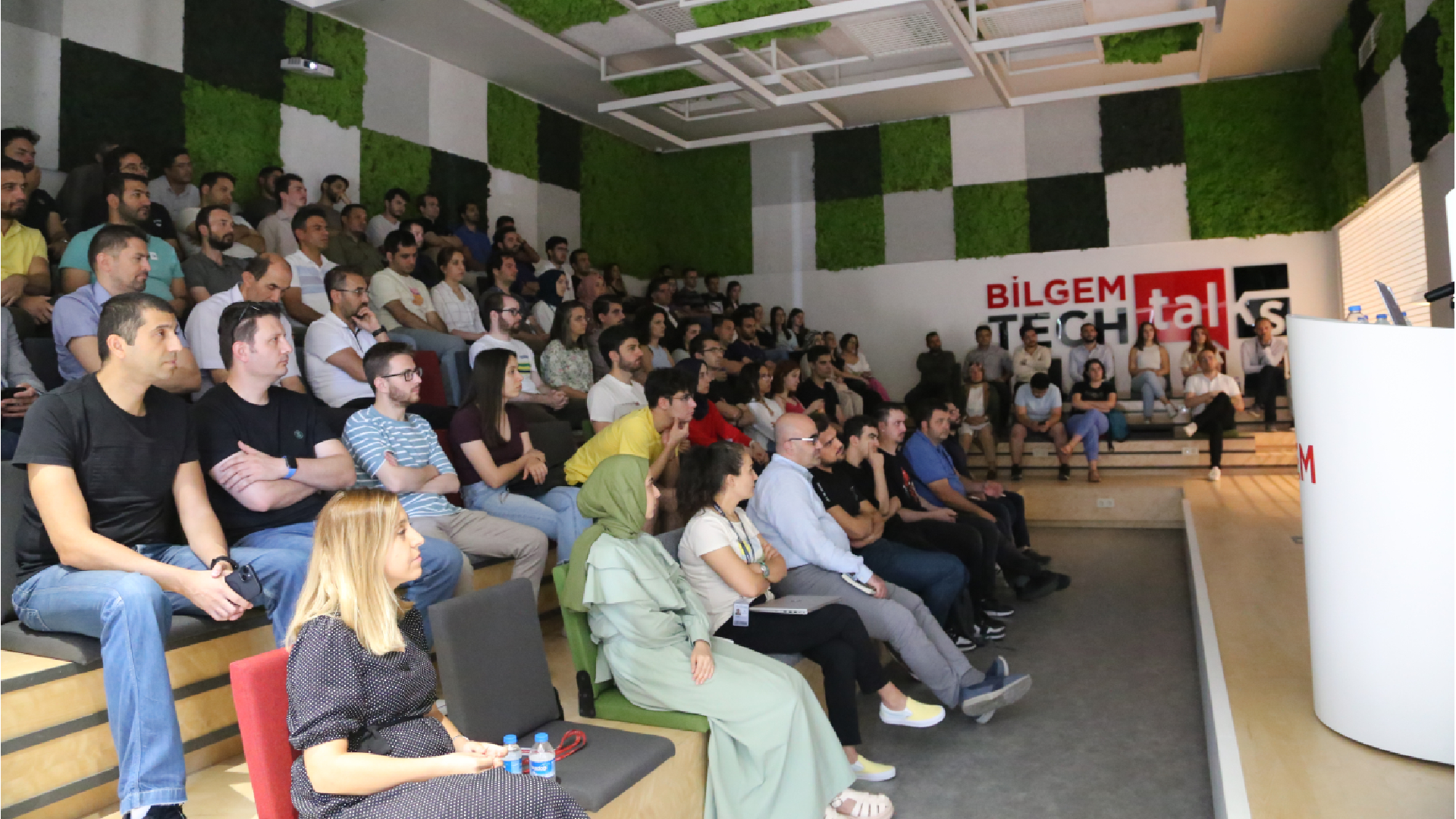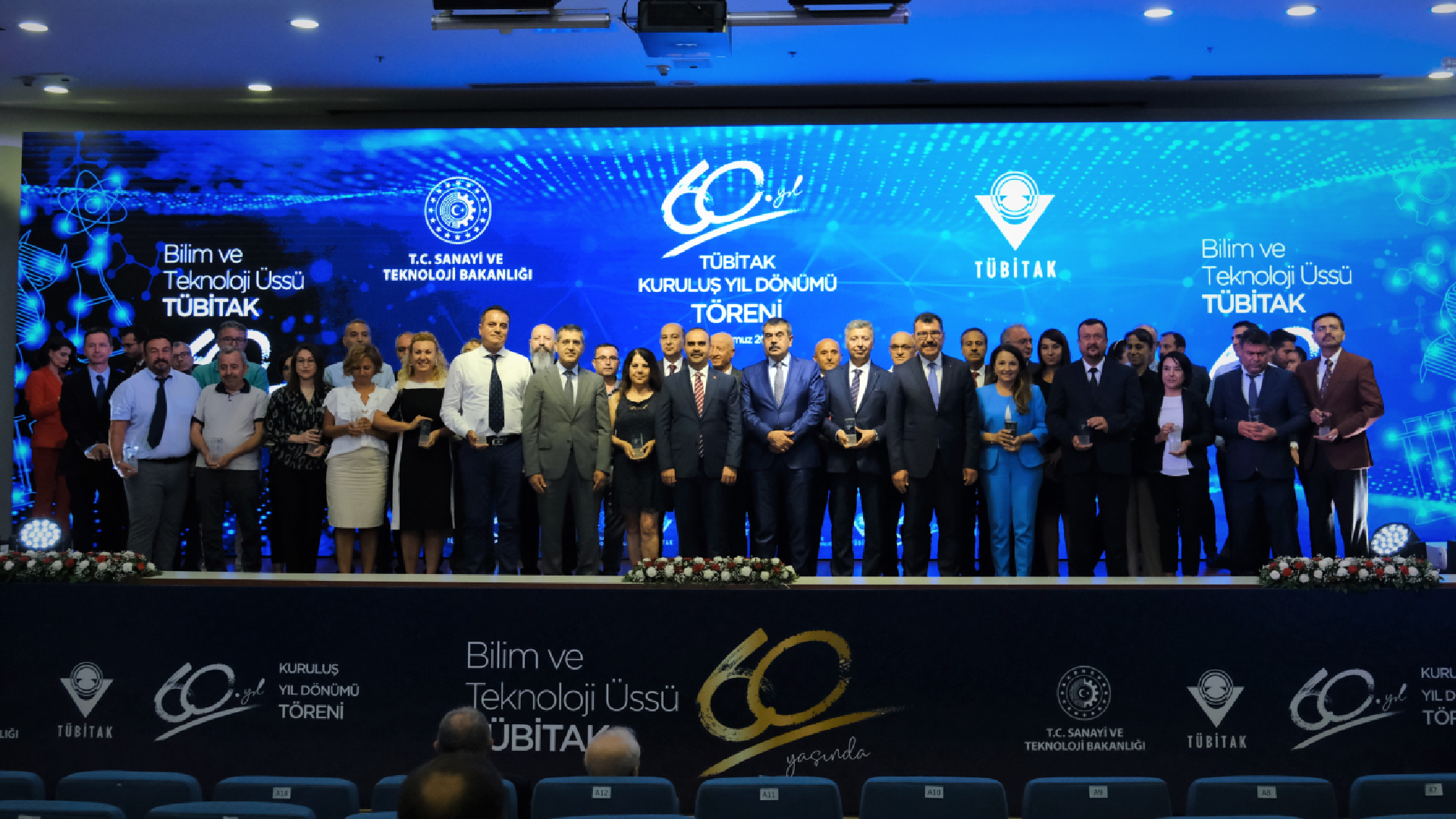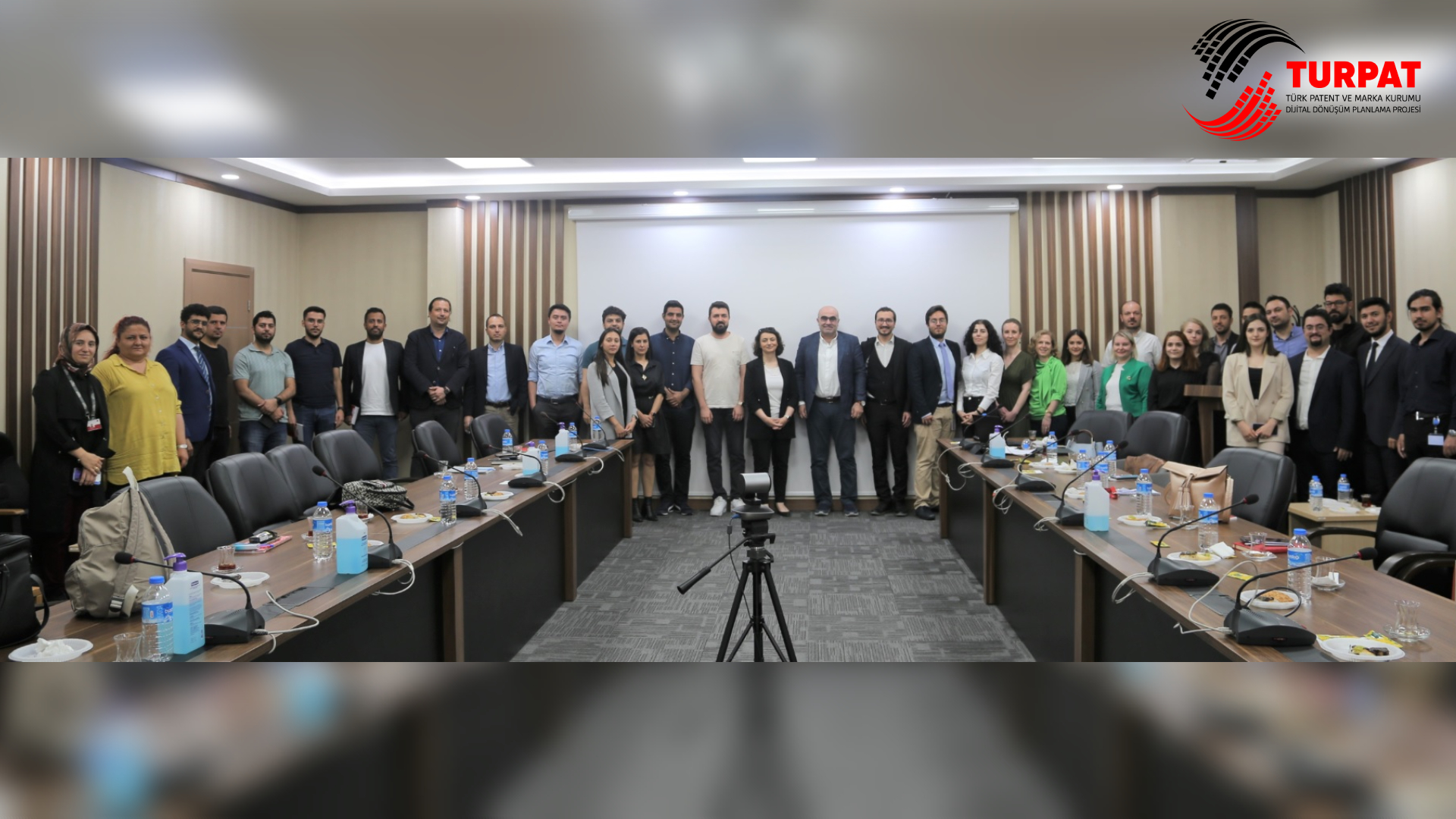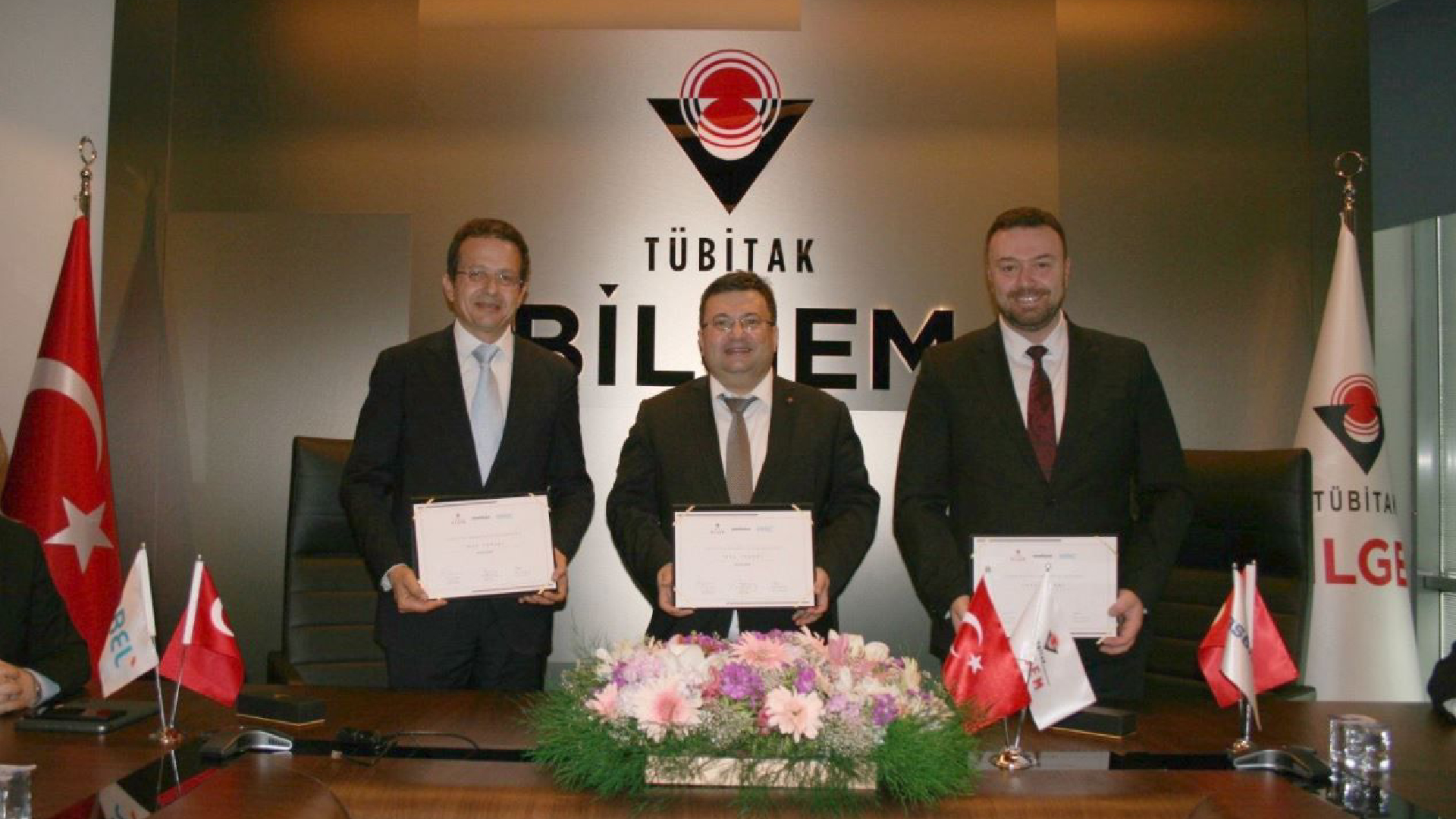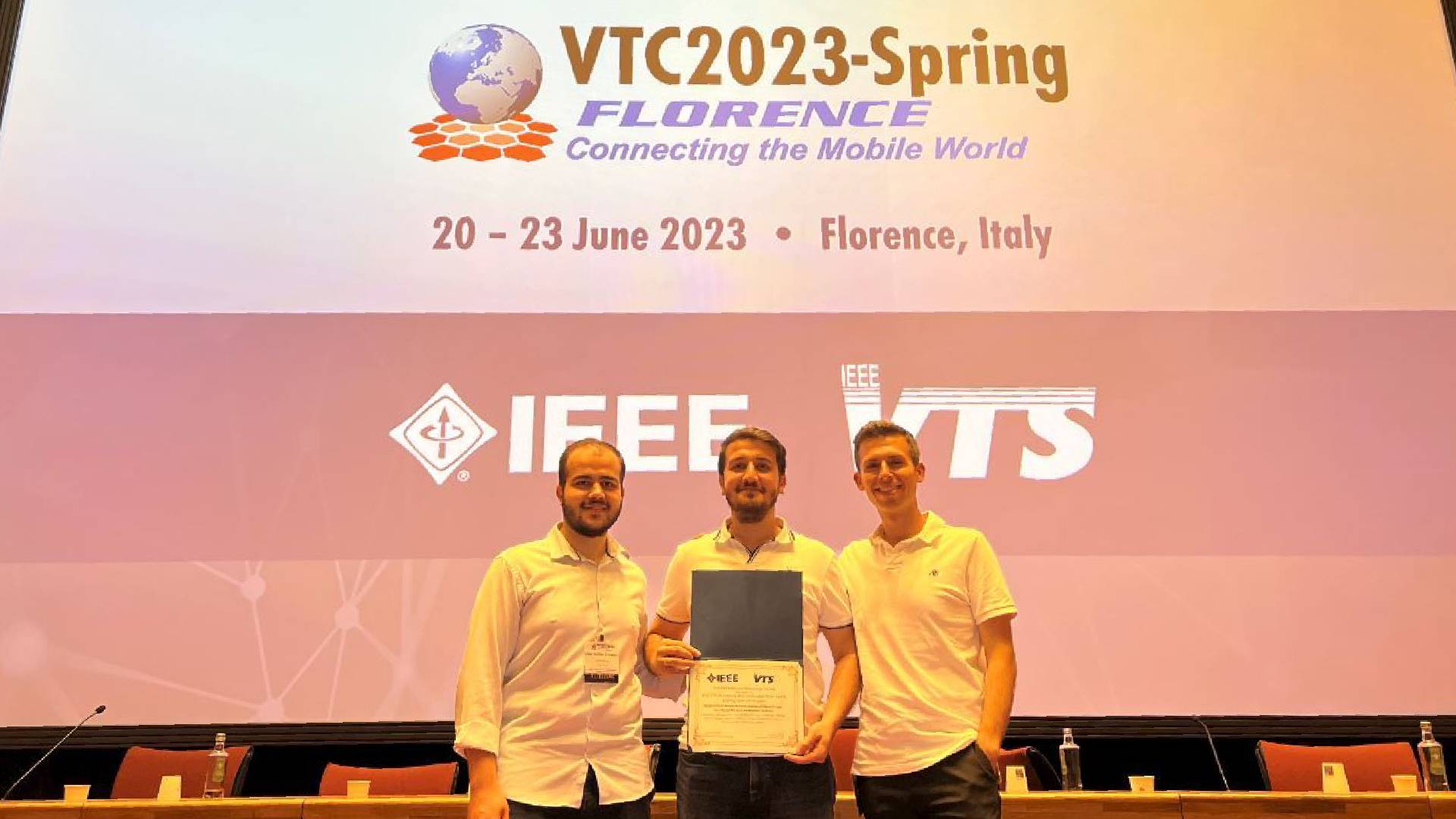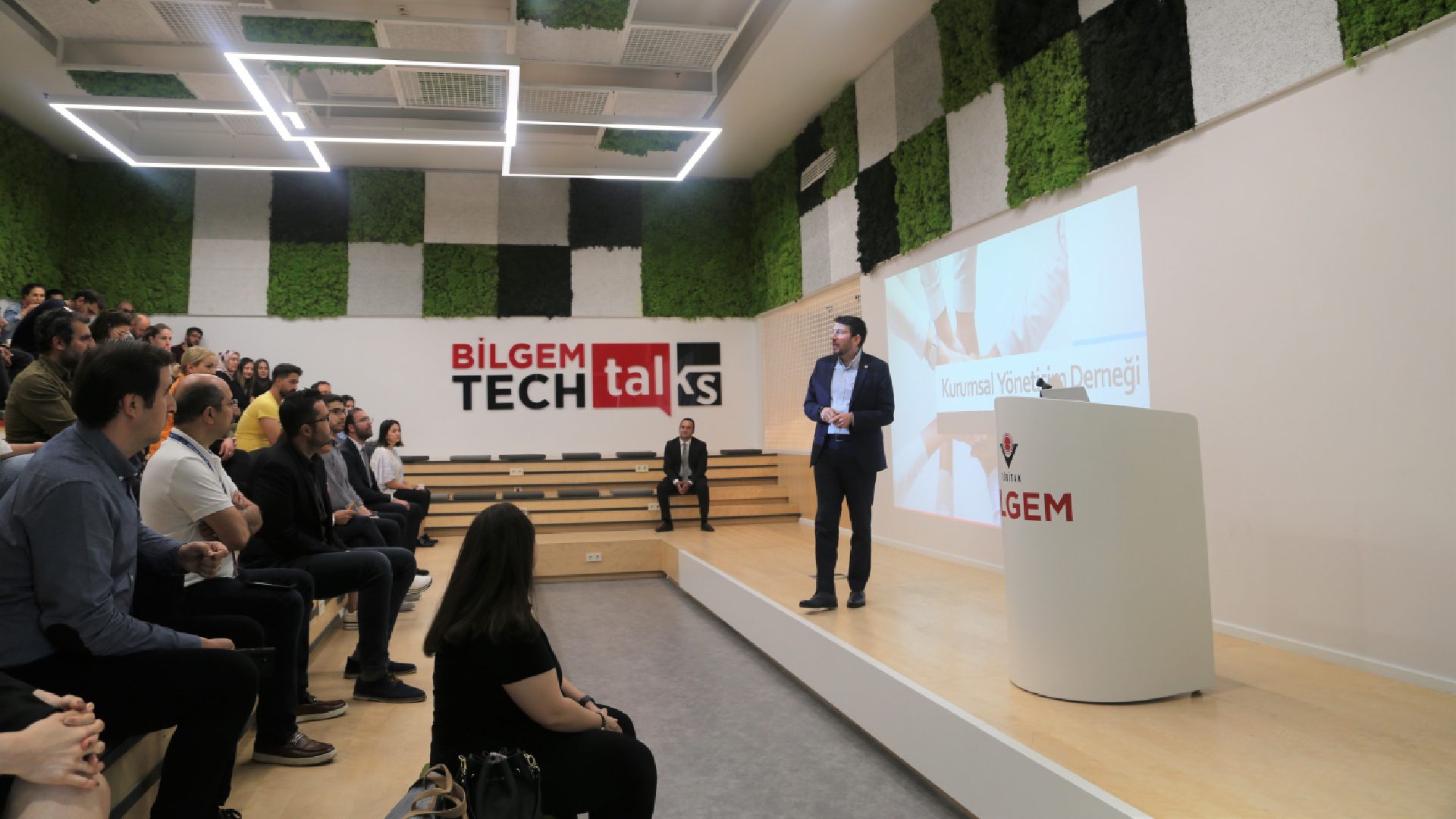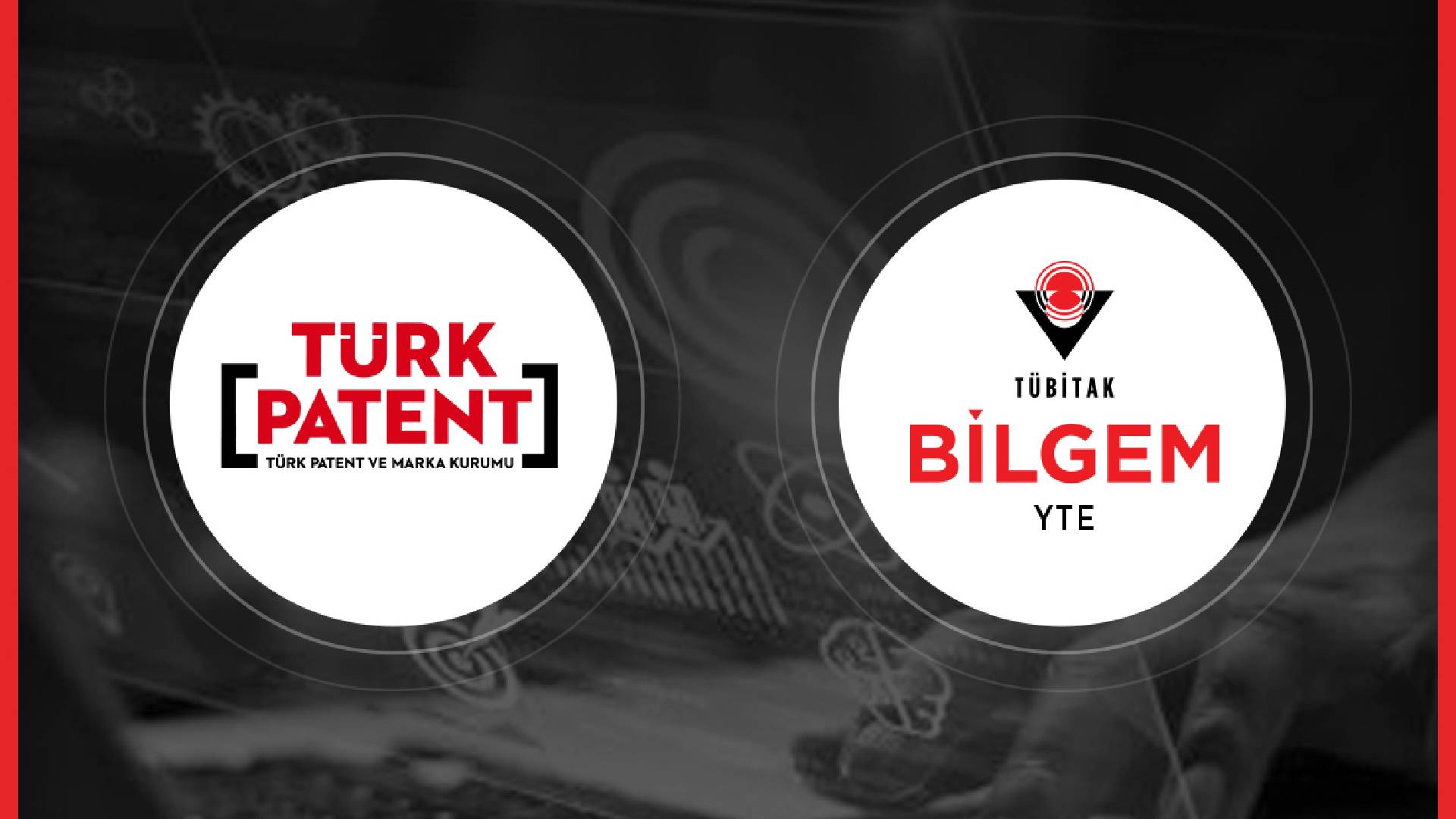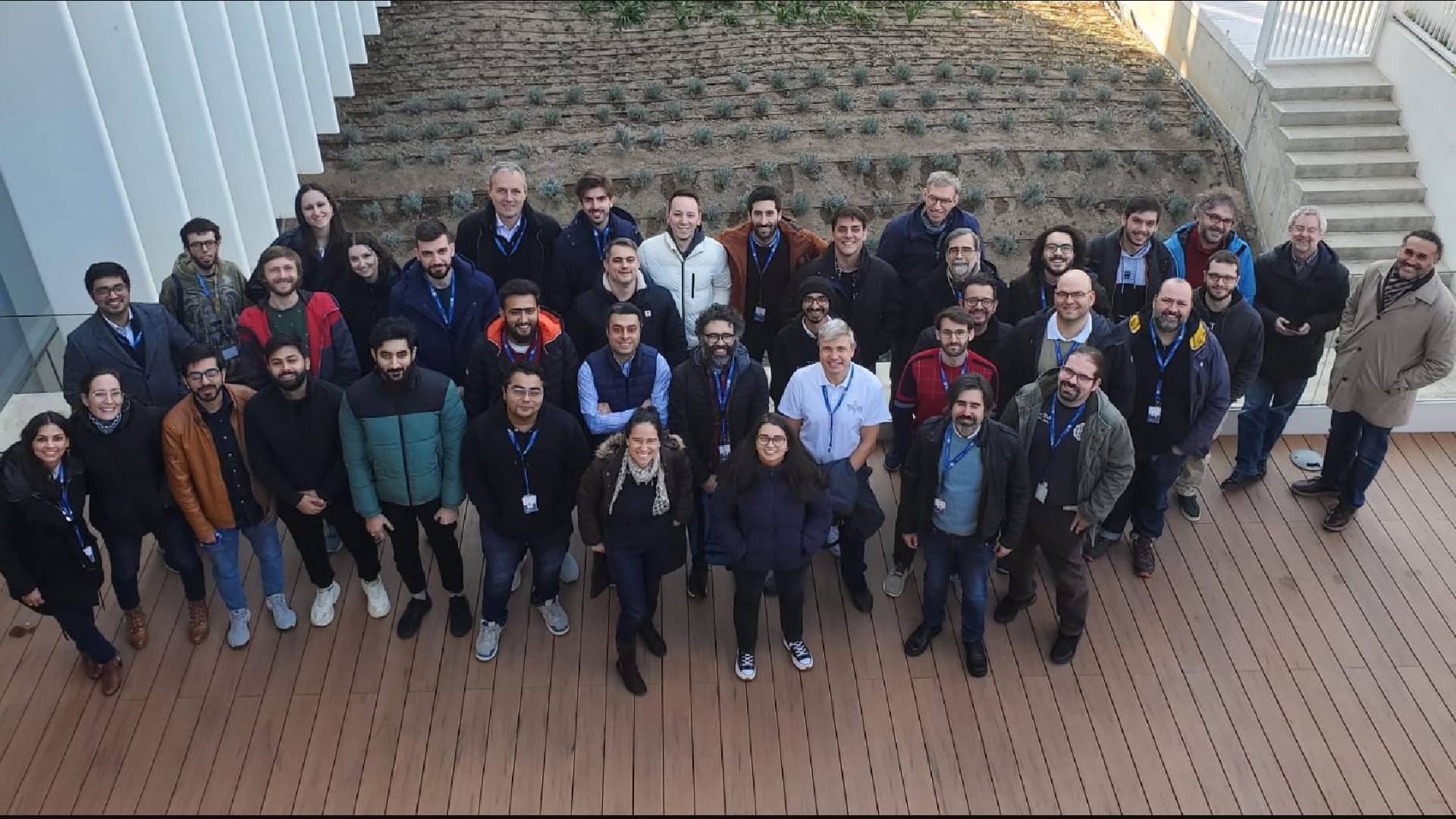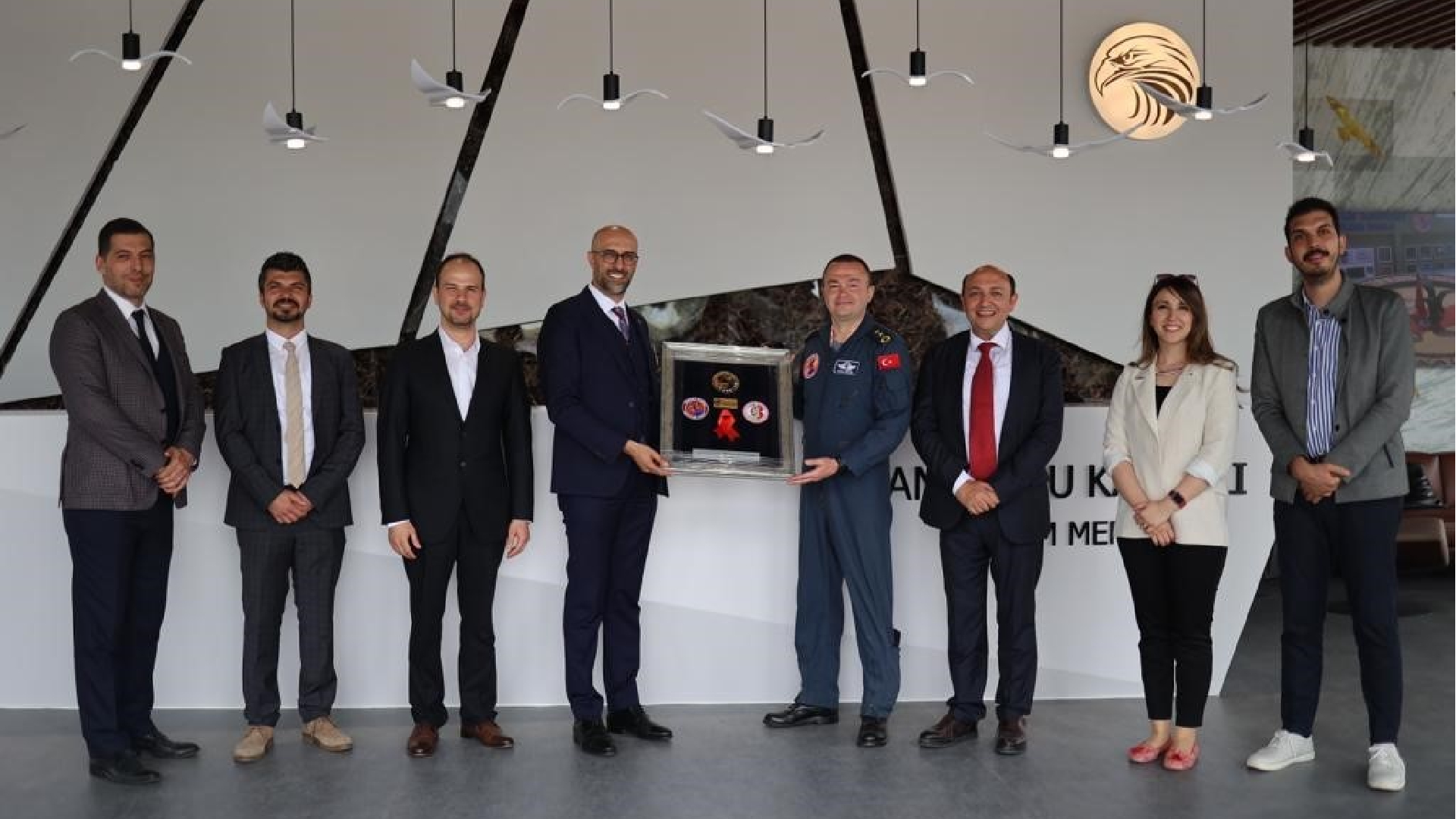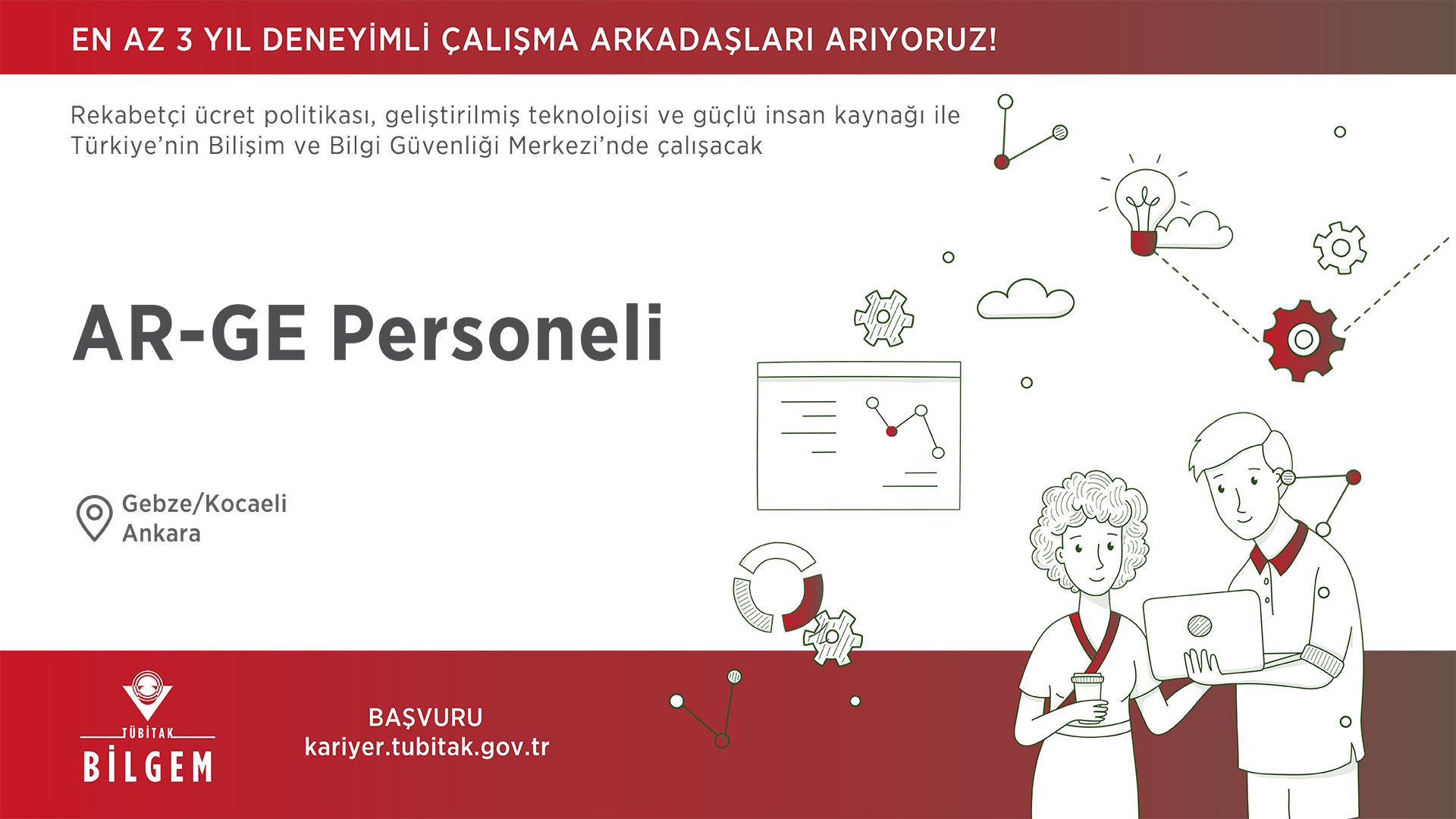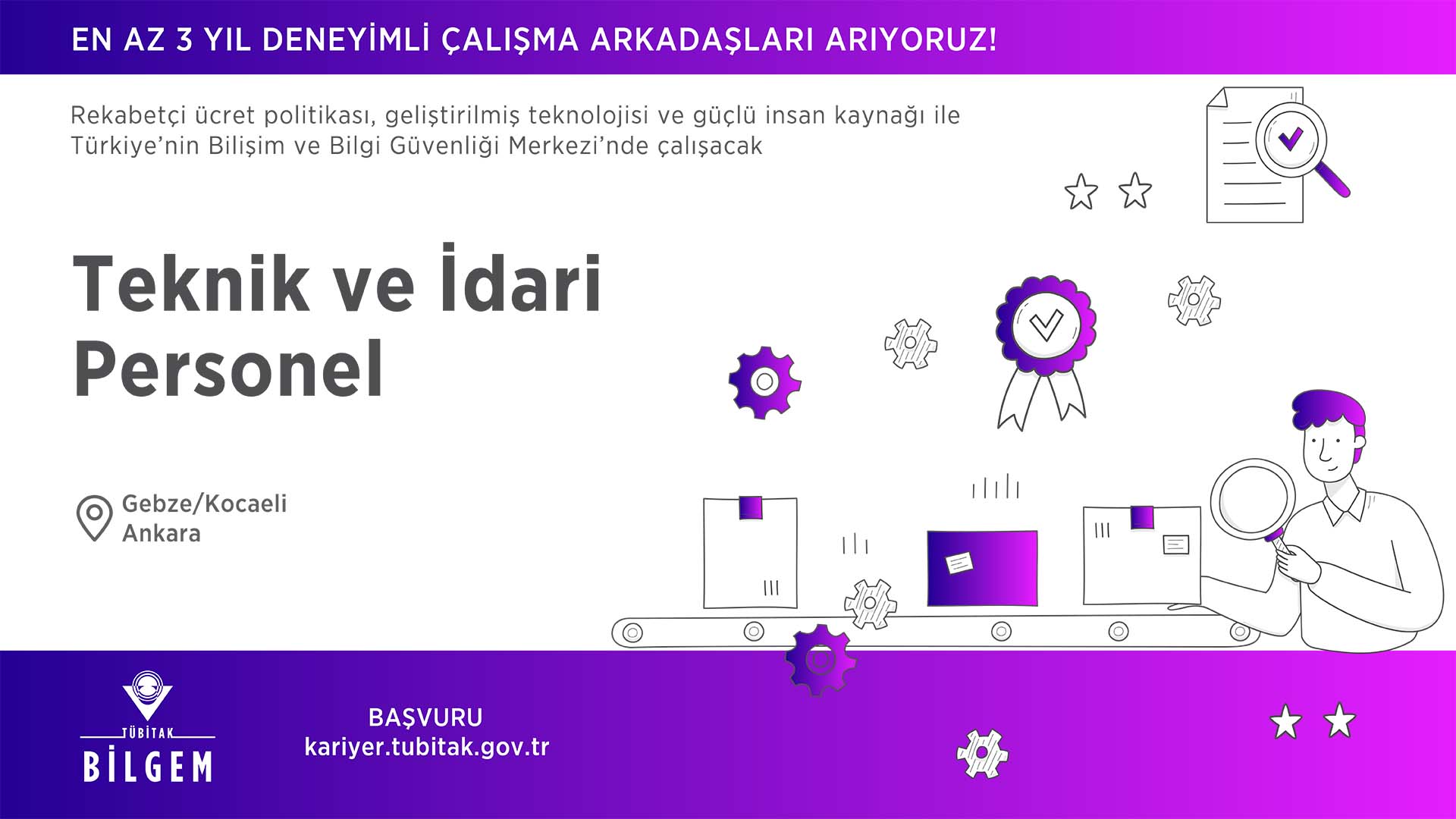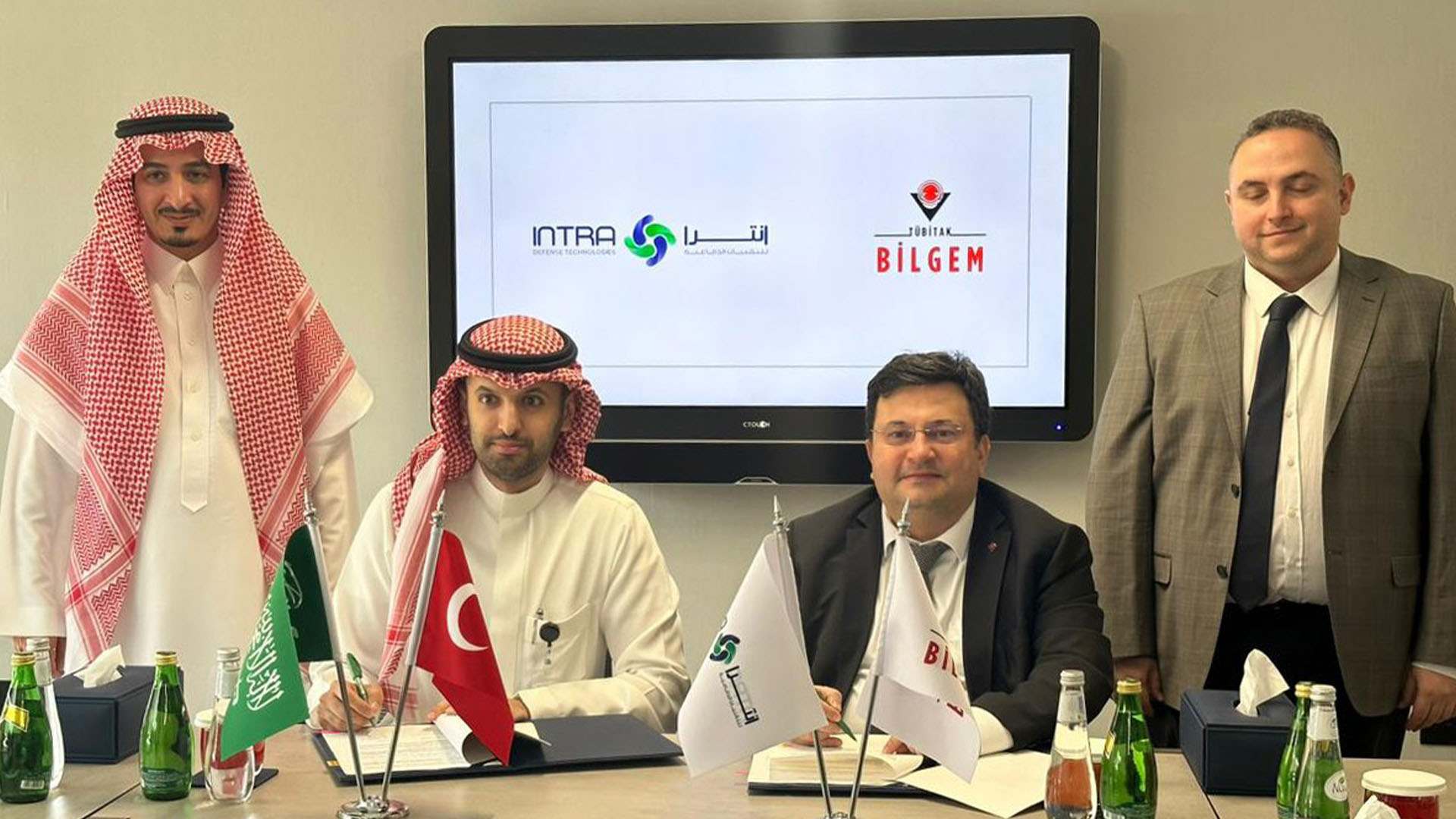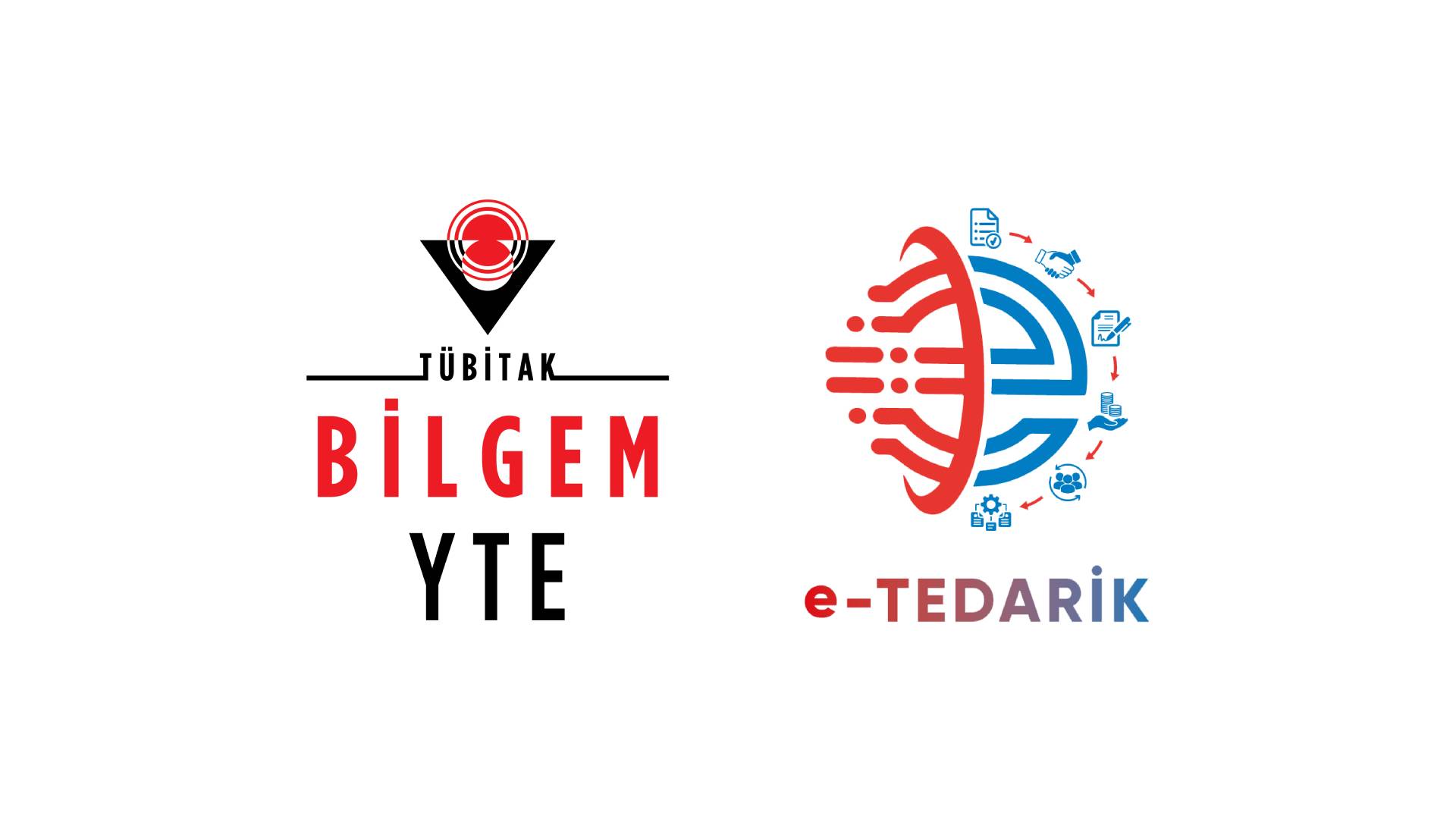With the project titled "Artificial Intelligence Applications in Monitoring Climate Change Impacts with New Generation Air Quality Measurement Systems", artificial intelligence supported New Generation Air Quality Measurement Systems will be developed.
The project, which was prepared in partnership with TÜBİTAK Marmara Research Center (MAM) and ARGATE Engineering and Smart Universal companies, was entitled to be supported within the scope of TÜBİTAK 1711 Artificial Intelligence Ecosystem Call. The coordination of the project is carried out by the TÜBİTAK BİLGEM Artificial Intelligence Institute (YZE) Climate Change Competence Center.
Low-cost sensors, which have recently been used in air quality measurements, are affected by environmental conditions and cannot provide the expected measurement quality. Conventional cabin-type measurement stations can only be installed in a limited number in residential areas due to high installation and maintenance costs. The sensitivity of the low-cost and Internet of Things (IoT) supported Next Generation Air Quality Measurement System developed by TÜBİTAK Marmara Research Center (MAM) and ARGATE Engineering in previous studies will be increased by using artificial intelligence solutions to be developed under the leadership of Smart Universal within the scope of this project. In this way, it will be ensured that air pollution, which increases with the effects of climate change, especially in urban areas, will be monitored with higher resolution and reliability.
In the system to be developed, along with meteorological parameters such as temperature, pressure, humidity; nitrogen dioxide (NO2) and ozone (O3) gases and dust (PM2.5) concentration, which determine air pollution, will be measured and the data will be monitored in real time. In this way, the effects of climate change will be observed with more sensitive measurements, and regional effects, especially those associated with the formation of urban heat islands, which cannot be monitored at present, will be evaluated.
Another need within the scope of increasing the precision of air quality measurements is the optimization of the regional placement of measurement systems. In order to monitor air quality in residential areas, an artificial intelligence-supported optimization model will be created by taking into account factors such as topographical features of the region, pollutant concentrations and meteorological conditions to determine the location and number of measurement systems in the spatial distribution. In this way, the measurement systems, which are produced more economically than their equivalents, will be placed in a certain area effectively and economically.
The artificial intelligence-supported New Generation Air Quality Measurement System prototypes to be developed within the scope of the project, which is expected to last approximately 1.5 years, will be subjected to long-term field tests and performance evaluations in accordance with international standards.
New Generation Air Quality Measurement Systems, whose measurement accuracy has been increased with the project, will be used in studies such as the creation of real-time and high-resolution air quality maps and the evaluation of pollution-intensive areas. By calculating the pollution index in the area where the measurement system is installed, warnings and information will be provided in areas such as schools, hospitals, workplaces, parks and walkways. Thus, it will be possible for citizens to instantly monitor the air quality in the region where they live and plan their outdoor activities according to air quality.

